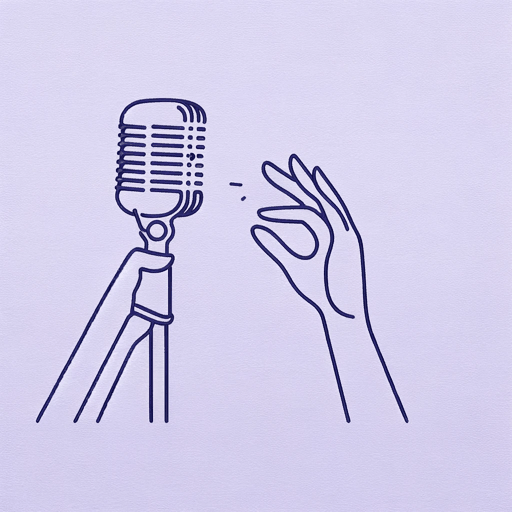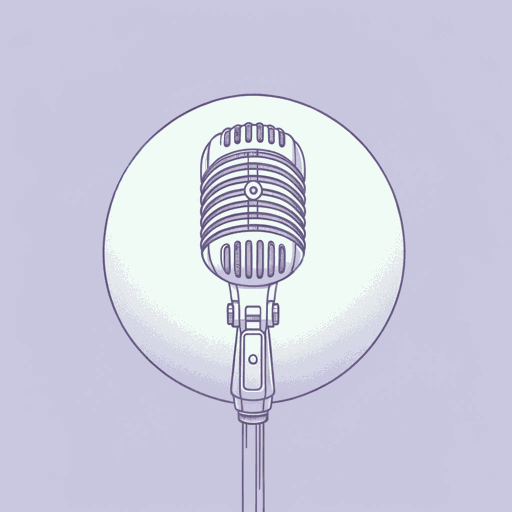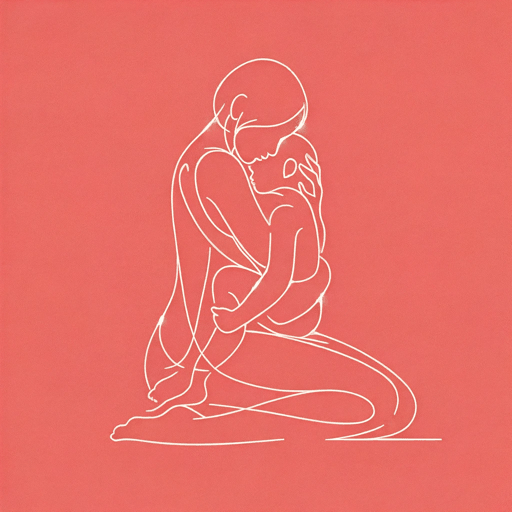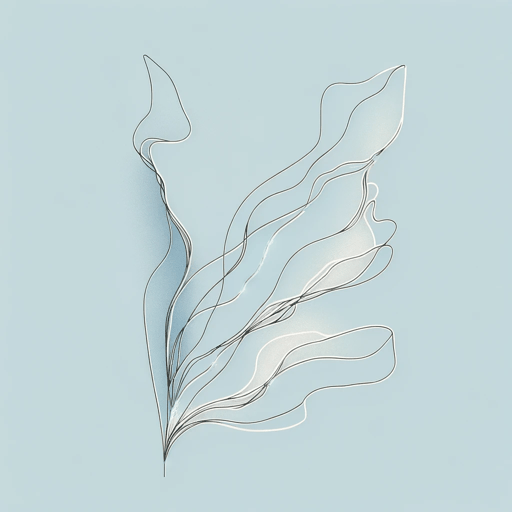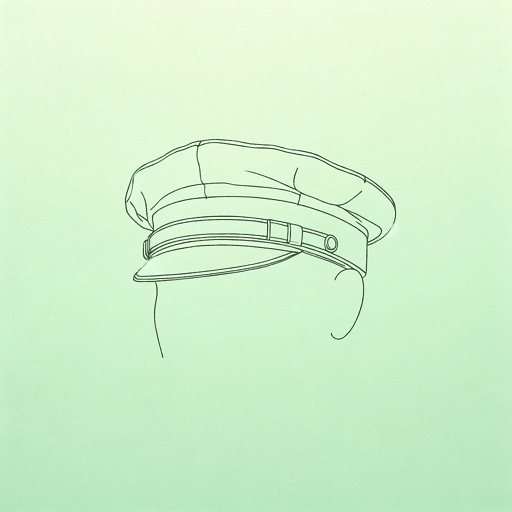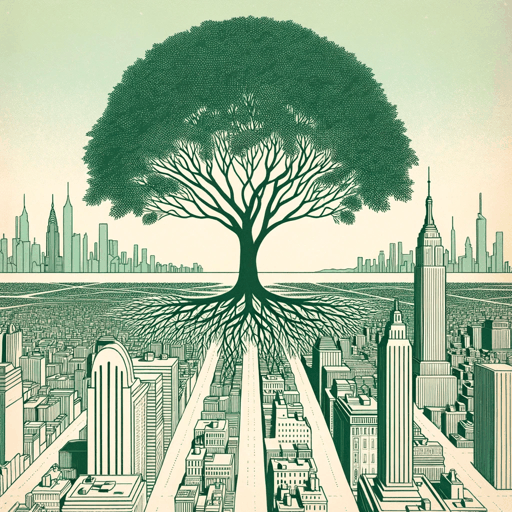17 pages • 34 minutes read
Nikki GiovanniPoem For A Lady Whose Voice I Like
Fiction | Poem | Adult | Published in 1996A modern alternative to SparkNotes and CliffsNotes, SuperSummary offers high-quality Study Guides with detailed chapter summaries and analysis of major themes, characters, and more.
Background
Literary Context: Black Arts Movement
The Black Arts Movement was a social and literary movement of the 1960s responding to the Harlem Renaissance, which was pioneered by poets such as Langston Hughes. Members of the Black Arts Movement believed that Hughes and others were writing in a style that conformed to what white Americans wanted, rather than representing the styles of African Americans. Poets of the Black Arts Movement used a vernacular that was common in households and on the streets in the African American communities. They also broke rules of traditional academic and professional institutions, like using capital letters and proper punctuation. Lucille Clifton, Audre Lorde, June Jordan, and Sonia Sanchez were prominent members of the Black Arts Movement.
Women also began to sue for more power during the 1970s, in what was termed the Feminist Movement. Members of the movement worked for greater equality for women in the workplace, as well as an end to sexual predation and degradation. They wanted women to be treated as equals intellectually, economically, and socially, rather than as objects of sexual exploitation.
“Poem for a Lady Whose Voice I Like” exemplifies the style of the Black Arts Movement as well as values of the feminist movement.
Related Titles
By Nikki Giovanni
Featured Collections
A Black Lives Matter Reading List
View Collection
Art
View Collection
Beauty
View Collection
Black History Month Reads
View Collection
Books that Feature the Theme of...
View Collection
Equality
View Collection
Feminist Reads
View Collection
Music
View Collection
Truth & Lies
View Collection
Valentine's Day Reads: The Theme of Love
View Collection
